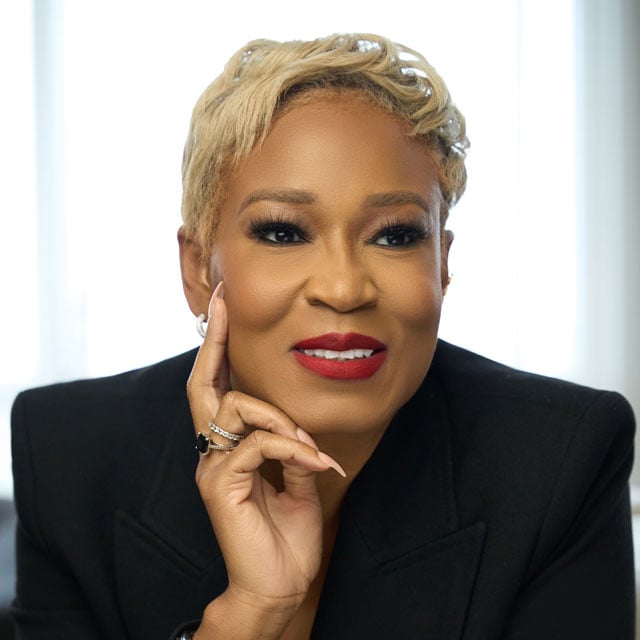8 Wealth Planning Insights From a Business and Estate Lawyer

As a partner for DGIM Law and an adjunct professor for the University of Miami School of Law, Monique Hayes is known as an experienced business attorney with the benefit of experience in both private and public practice. She also has a reputation as a tough litigator.
As Hayes recently told ThinkAdvisor, this background provides her with a broad understanding of the business and economic landscape. She has been called on by clients to handle some of the most complex matters involved in business ownership transitions, legacy planning and family inheritance conflicts.
Today, Hayes centers her practice on wealth preservation and protection — including corporate restructuring, business succession and estate planning. She says a balanced approach and an innovative mindset are essential to success in this domain, and she regularly provides results-driven counsel to principals, fiduciaries, and for-profit and non-profit corporations involved in commercial transactions, litigation and succession planning.
What Hayes enjoys most about her practice, she says, is “witnessing, and often helping, the American dream be realized.” Most of her clients are entrepreneurs, she explained, so she can use her skills and expertise to help them to build, restructure, expand and transfer their businesses. In a word, Hayes said, the job is “inspiring.”
In the recent interview, Hayes spoke about how financial advisors, attorneys, tax experts and others can collaborate to help their clients thrive — even when complex planning challenges and deep questions about the meaning of wealth stand in their way.
See the accompanying slideshow for eight wealth planning insights:
1. Wealth can bring families together and drive them apart.
Hayes started her legal practice as a bankruptcy lawyer.
“This gave me a front-row seat to learn how individuals and families acquire wealth over time,” she recalled, “and how they can lose wealth thanks to challenges in their business or in the economy.”
One clear takeaway from the work, Hayes said, is that growing wealth can bring families together or drive them apart. The latter outcome is made more likely when families don’t communicate honestly about what wealth means and how it should flow through the generations.
“That challenge plays out in different ways,” Hayes said. “I just got out of a litigation case that involved a family dispute over the ownership of a business. We won the litigation, but it is still unfortunate to see families fighting in court. You’d be surprised how easy it can be for conflict to arise if families don’t have a plan.”
2. Empowering women as wealth owners is essential.
As Hayes noted, it is common for wealth managers to discuss the transition of wealth from baby boomers to millennials and Gen Z, but the truth is that another great wealth transfer is also playing out.
“We all know the stats that show baby boomer women are living longer than their male spouses, so before we are seeing the transition of control of wealth across generations, we are first seeing a transition of wealth across genders,” Hayes explained. “We need to make sure women are prepared to inherit wealth and are empowered.”
Hayes said she has been particularly inspired by the examples set by the likes of Melinda Gates, MacKenzie Scott and, most recently, Ruth Gottesman. The philanthropic work of these and other luminaires has put a spotlight on critical issues, such as supporting more people of color in the medical field.
3. Even tight-knit families need a plan for wealth transitions.
Asked about the keys to successful wealth transitions within families, Hayes said it is essential to create a real plan — one that is fully understood and agreed upon by all parties involved.
It will likely take time to set out the parameters and generate buy-in, she warned, so it’s also essential to start conversations early and let the plan move from the discussion phase to the documentation phase naturally but intentionally.
The worst outcomes — such as bitter litigation and family conflict — often result from first-generation wealth creators burying their head in the sand and making no planning effort before something like a health episode or a death forces an ownership transition.
4. Hopes and expectations do not make a real transition plan.
“The other thing is that you have to think about is the reality of the people within the family, and the people within the organization that is undergoing an ownership transition,” Hayes said. “As an advisor or attorney, you have to push your client and get them to think honestly about the reality of who can take over and run the company into the future.”






